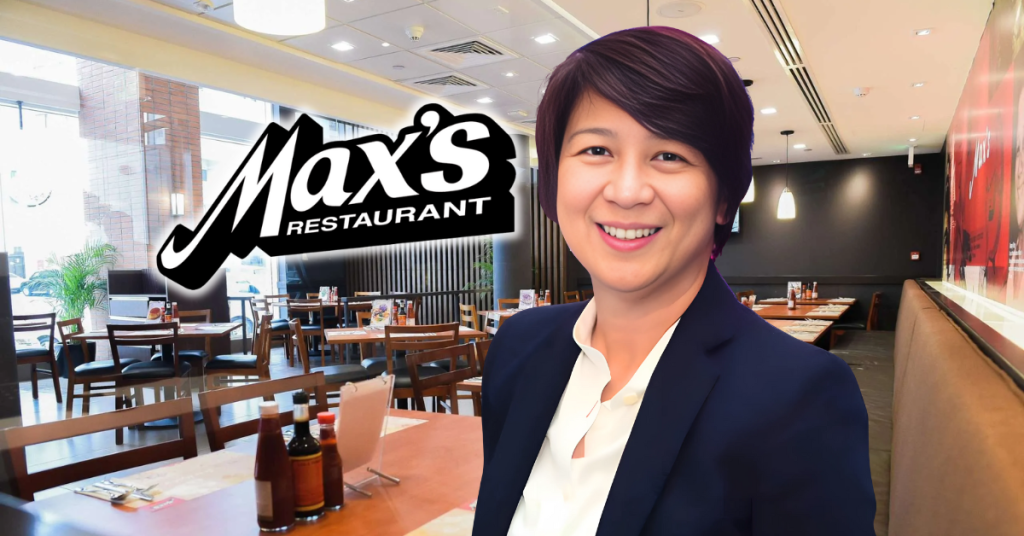For Sharon Fuentebella, Chairperson of Max’s Group, steering one of the country’s most iconic restaurant brands is more than a personal responsibility—it’s a family affair. As part of the third generation behind Max’s, Sharon leads alongside her five siblings, proving that succession doesn’t have to mean separation.
“We’re about six,” she shared. “And I’m the eldest of that branch of the family.” In a business that’s grown from a single fried chicken house to a multi-brand restaurant empire, maintaining harmony while dividing leadership roles among siblings is no small feat.
Sharon says the key lies in understanding strengths and wearing different hats. “We’re still wearing different hats,” she explained. “So we do kind of double up in the advisory role for business development… and on business units.” That clear delineation of responsibilities helps minimize overlap and ensures that every leader contributes where they’re strongest.
Over time, those defined roles evolved into business units, with each sibling or family member managing their respective area. For Sharon, this includes international brands under the Max’s Group such as Krispy Kreme and Jamba Juice. “Yes, and this one,” she said, referring to her current focus. “Those are the U.S. franchises. That’s what I’m directly managing.”
While shared leadership can be complex, Sharon credits strong governance and communication for keeping things aligned. “It’s really about understanding each other’s roles and supporting the vision,” she added.
Max’s Group now operates over 600 stores across multiple brands, and it continues to expand under the guidance of the third generation. But behind that growth is a deep respect for the family legacy—and the discipline it takes to lead as a team.
In Sharon’s view, collaboration isn’t just a strategy—it’s a responsibility. “That mindset continues to guide how the next generation of leaders is shaped,” she said. And at Max’s, that next generation is already at the table.
This story is based on an interview originally conducted for Esquire by Henry Ong. Some quotes in this article may not have been published previously.
![]()



